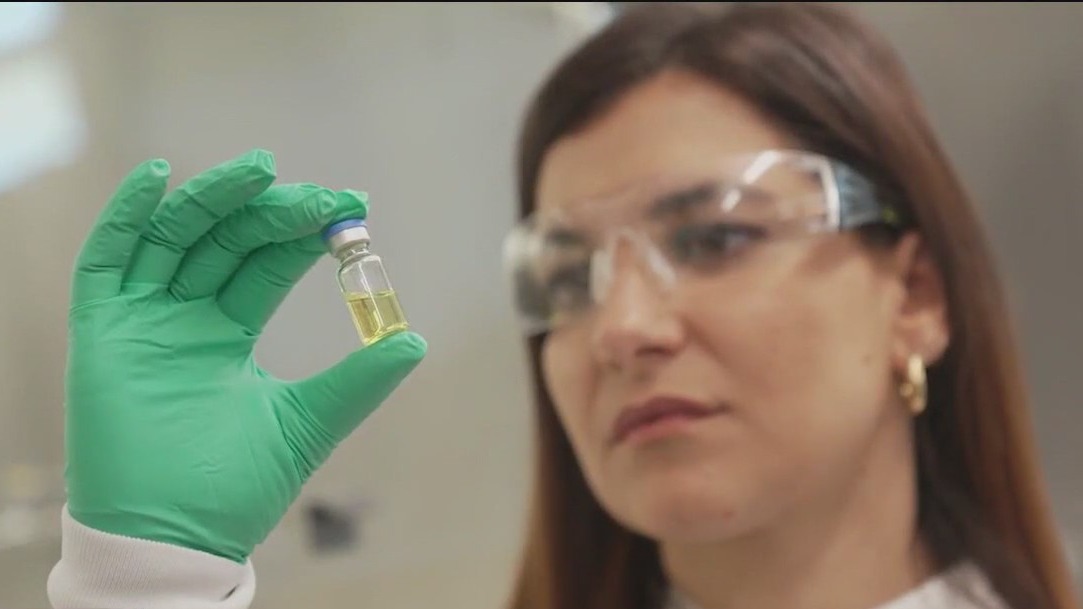New HIV prevention drug introduced, but it comes at a high cost

FDA approves pricey new HIV prevention drug
The treatments will cost $14,000 a shot, and with numerous proposed major cuts to Medicaid and the Affordable Care Act in congress, funding for such remarkable new drugs may be in short supply.
FOSTER CITY, Calif. - As with many chronic and often deadly diseases, an ounce of prevention can be worth a ton of cure. It's a breakthrough drug for sure for those wanting to avoid HIV/AIDS, but the price is eye-popping.
After 17 years of research and pioneering trials, Gilead scientists have delivered the next frontier in HIV innovation, "a prevention therapy with remarkable efficacy," Gilead CEO Daniel O'Day said.
It's way different from the current high-priced pills called PrEP.
The New Drug:
"To prevent HIV right now, we essentially have to give someone a daily pill. And, frankly, we haven't had the uptake of a daily pill. 2.5 million people need to be on PrEP, we only have about 350,000," said Dr. Monica Gandhi.
Dr. Gandhi is a renowned HIV physician and researcher, and works at UCSF.
Prevention is critical since 40 million already live with HIV worldwide, including 1.2 million Americans. The U.S. alone diagnoses 700 new American cases every week.
With the new annual injections, it's two and you're through.
"It's a 1-every-6 month injection, and you just go about your day, and you're completely done," Gandhi said. "You get your next injections every six months, and you are almost completely protected against HIV. So that can be a huge game changer, especially if you can't take a daily pill."
The Price Tag:
But the medication will sell for $28,000, $14,000 a shot.
"You have a concern that the health insurance company will say, especially in these times of austerity, 'this may not be the price point that I can put this on my formulary,'" Gandhi said.
In theory, the science behind this class of drugs could be used to prevent other diseases such as cancer, a disease that has affected Ian Maissen’s family.
But the price is a serious issue.
"That seems like it's made for the one percent. I think it should be made available to the public at a lower cost. That seems very high and a lot of people in this economy can't afford that," said Maissen.
His message to the FDA and Big Pharma: "If you're in the business of helping people, they should be helping all the people. It shouldn’t be just people who can afford it."
With cuts to numerous proposed major cuts to Medicaid and the Affordable Care Act in Congress, funding for such remarkable new drugs may be in short supply.
Featured
Immigration advocates urge Alameda Co to expand response hotline
Alameda County is considering ways to fund a 24-7 hotline in response to increased immigration enforcement.
The Source: KTVU reporting


